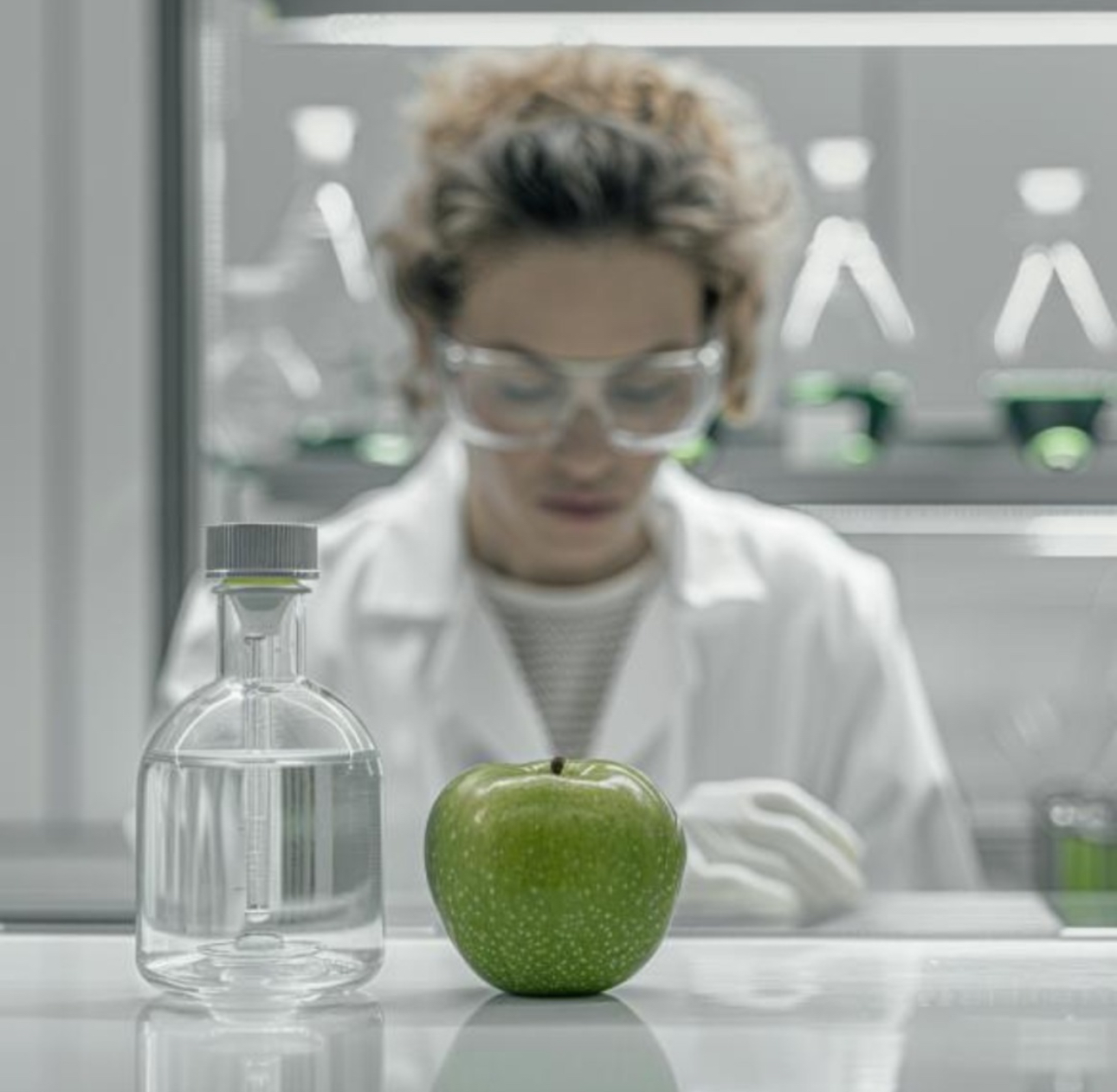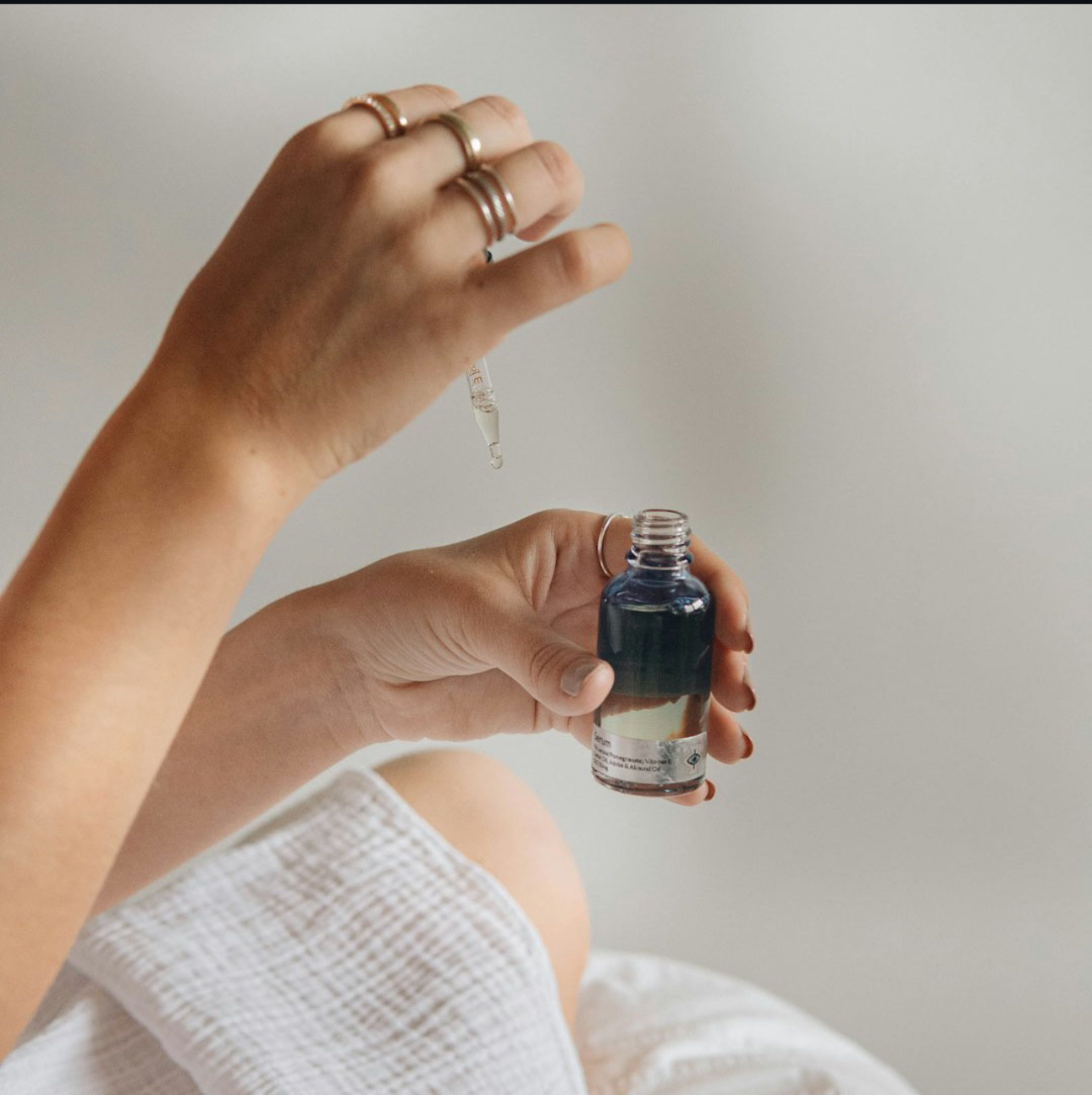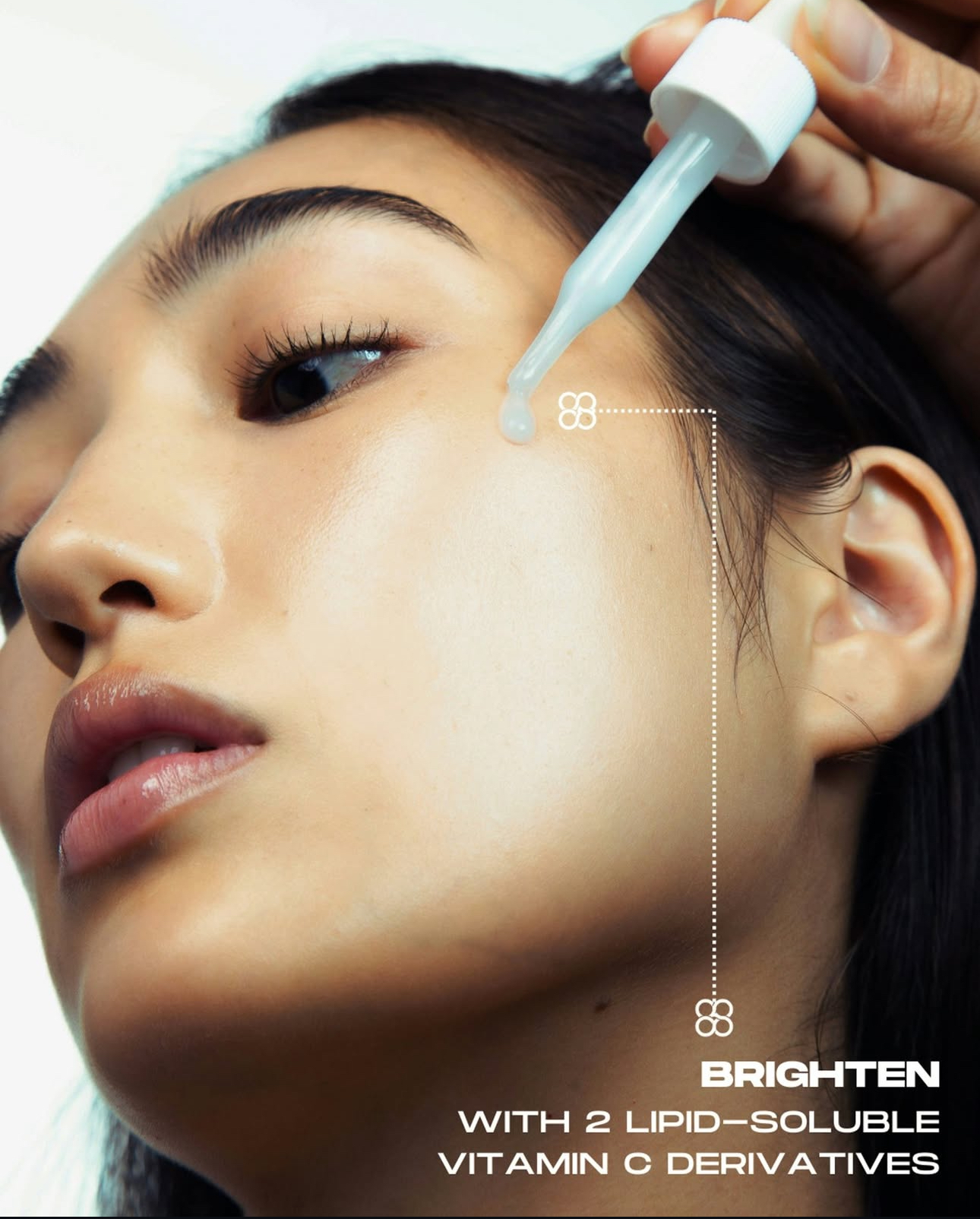Technology has reshaped nearly every sector—finance, agriculture, healthcare—and beauty is no exception. Over the past decade, skincare has quietly evolved from creams and serums inspired by traditional remedies to precision-engineered formulas developed in labs. Now, in 2025, one of the most exciting frontiers in beauty is biotechnology.
This isn’t about futuristic robots slathering on your moisturizer. Instead, it’s about leveraging the tools of biotech to craft skincare that is cleaner, more sustainable, and astonishingly effective. From fungi-derived ingredients to lab-grown collagen stimulators, biotechnology is rewriting the rules of what beauty products can achieve.
What Biotech Really Means in Skincare
At its core, biotechnology in skincare harnesses living cells, enzymes, or microorganisms to create ingredients that replicate or stimulate the skin’s natural processes. Rather than harvesting vast amounts of plants for a single extract, biotech allows scientists to produce active compounds in carefully controlled environments.
This shift brings two major advantages. First, it’s far more sustainable. Skincare brands no longer need to strip rainforests or deplete natural resources to access potent actives. Second, it ensures purity and consistency. Every batch produced through biotechnology is identical, eliminating the variability that can come from natural sources. In essence, it’s skincare with a scientific backbone: formulas designed not merely to sit on your skin, but to actively communicate with it.
Why Biotech Is More Sustainable

Traditional beauty often relies on the extensive use of plant materials—rose petals, rare roots, or seeds that take years to cultivate. Biotechnology, however, replaces this process by replicating key compounds in the lab through fermentation or cell culture.
Take squalane, for example. Instead of harvesting hundreds of acres of olives, biotech labs can ferment yeast to produce a moisturizing ingredient virtually identical to that found in nature. The environmental footprint shrinks dramatically, and ecosystems are spared from over-farming or depletion.
In a world where sustainability has moved from a buzzword to an expectation, biotechnology offers beauty brands a cleaner, more responsible path forward. This proves that innovation and environmental stewardship can go hand in hand.
What You Should Know About Biotech Skincare in 2025

The biotech boom in skincare is already underway, and several innovations are poised to redefine how we care for our skin.
#1. The Rise of Fungi
Fungi are emerging as star players in biotech beauty. Beyond the trend of mushroom-based skincare, fungi can be engineered to produce peptides, polysaccharides, and antioxidants that calm inflammation, boost hydration, and strengthen the skin barrier. Their versatility and efficiency make them particularly well-suited for lab cultivation.
#2. Exosomes
Exosomes are microscopic messengers that shuttle proteins, lipids, and genetic material between cells. In skincare, they’re being explored for their ability to stimulate collagen production, accelerate repair, and reduce inflammation. Think of them as tiny delivery systems teaching your skin to regenerate more effectively.
#3. Peptides and Beyond
While peptides aren’t new, biotechnology is unlocking unprecedented precision in designing them. Rather than relying solely on naturally occurring peptides, labs can engineer compounds that target specific concerns—whether firming sagging skin or reducing pigmentation. The result is more effective treatments with less trial and error.
#4. Biotech Injectables
Injectables are also receiving a biotech upgrade. Lab-engineered hyaluronic acid fillers and exosome-based treatments are being refined to integrate more naturally with the skin, offering smoother, longer-lasting results with fewer risks. For those seeking cosmetic enhancements that look subtle and natural, these innovations are particularly appealing.
Biotech Brands Leading the Way

Several forward-thinking brands are already putting the power of biotechnology directly into consumers’ hands.
- Droplette – This innovative device uses micro-mist technology to deliver biotech-powered ingredients deeper into the skin than traditional creams or serums. It transforms a daily skincare routine into a high-tech, at-home treatment.
- Exocel Bio – Specializing in exosome therapies, Exocel Bio focuses on skin rejuvenation and wound healing. Their products blur the line between beauty and regenerative medicine, showcasing the potential of biotech to truly transform skin health.
- Kate Somerville SuperCell Serum – A standout for 2025, this luxury formula harnesses lab-grown active ingredients to stimulate collagen production and promote cellular growth. It’s a prime example of how high-end skincare is evolving at the intersection of science and beauty.
These brands aren’t merely creating products. They’re redefining what consumers can expect from skincare, proving that biotechnology is shaping the future of beauty.
How Biotech Changes Your Daily Routine

So, what does all this science mean for your bathroom shelf? In practice, it translates to more efficient and streamlined skincare routines. Instead of layering half a dozen serums, biotech-powered formulas can deliver multiple benefits in a single product.
It also means cleaner skincare. Controlled lab environments minimize contamination risks, and formulas are free from unnecessary fillers. For consumers seeking effective results without irritation or guesswork, biotech offers a compelling solution.
And for those hesitant about overhauling their routines, biotech provides simple entry points. A serum with lab-grown peptides, a moisturizer enriched with biotech squalane, or a device like Droplette can upgrade your regimen effortlessly, delivering advanced benefits without complicating your daily routine.
The Future Is Already Here
The beauty industry has always thrived on innovation, but biotechnology represents a transformative leap. It’s not just about novelty. It’s about creating skincare that is scientifically rigorous, environmentally sustainable, and more effective than ever before.
As we move further into 2025, biotech is poised to transition from niche to mainstream. Soon, terms like “exosomes” and “engineered peptides” will become as familiar as “retinol” and “hyaluronic acid.” And the most exciting part? This shift promises better results for your skin without compromising the planet.
Featured image: @lancomeofficial/Instagram
For the latest in fashion, lifestyle, and culture, follow us on Instagram @StyleRave_
—Read also
